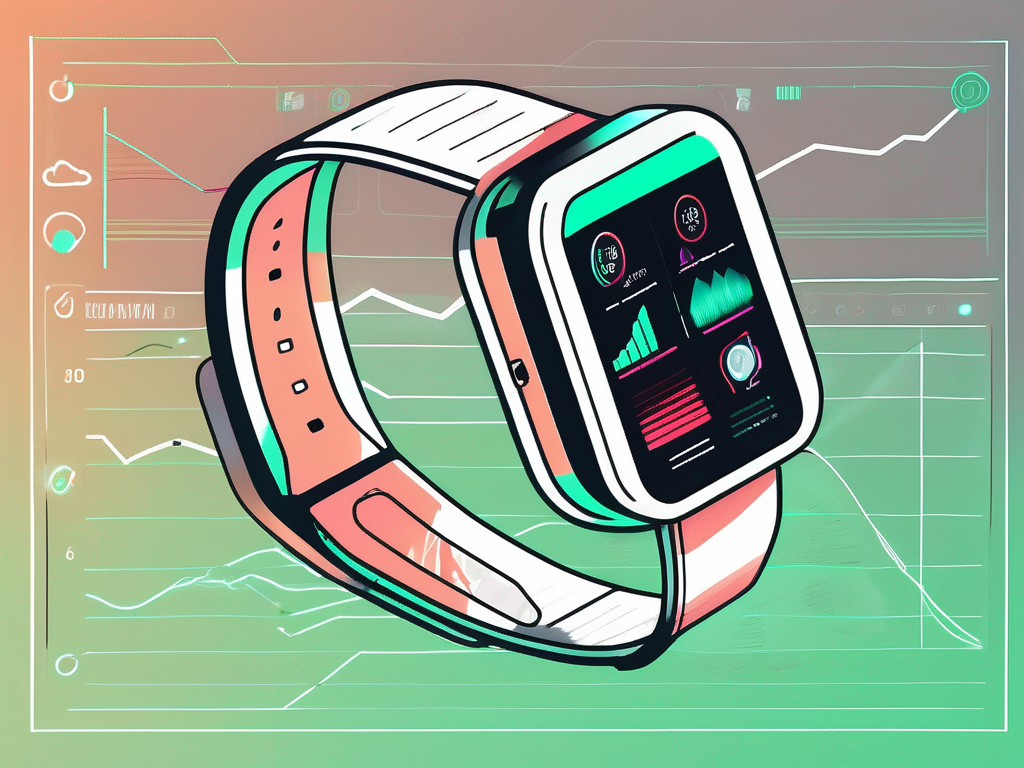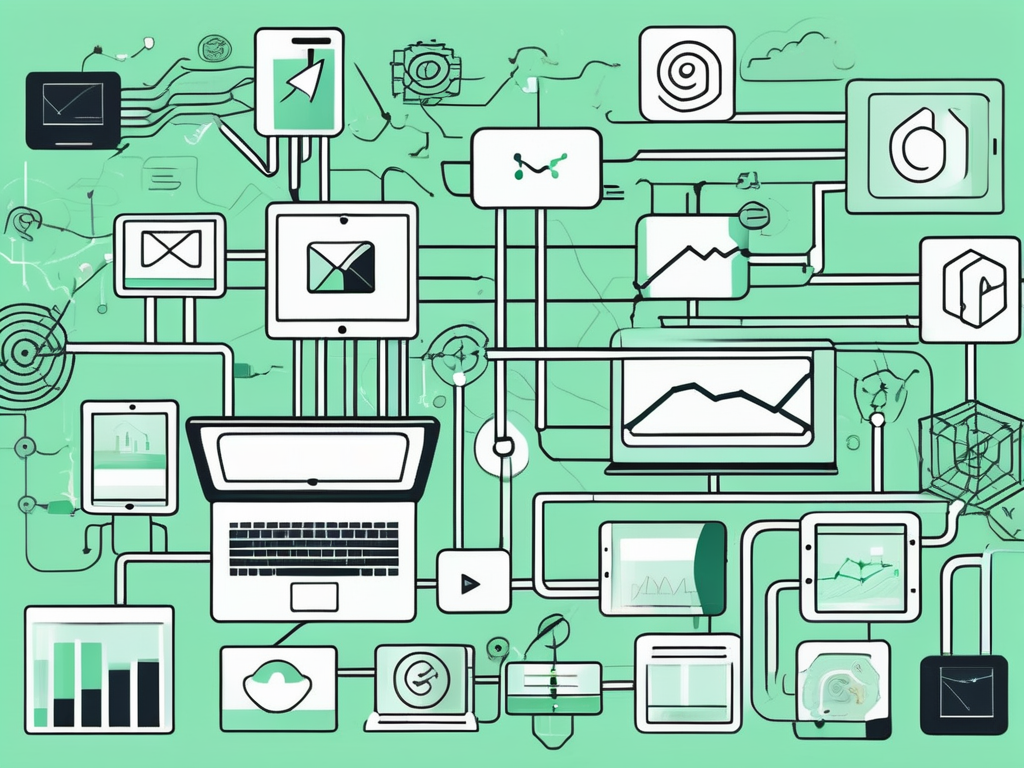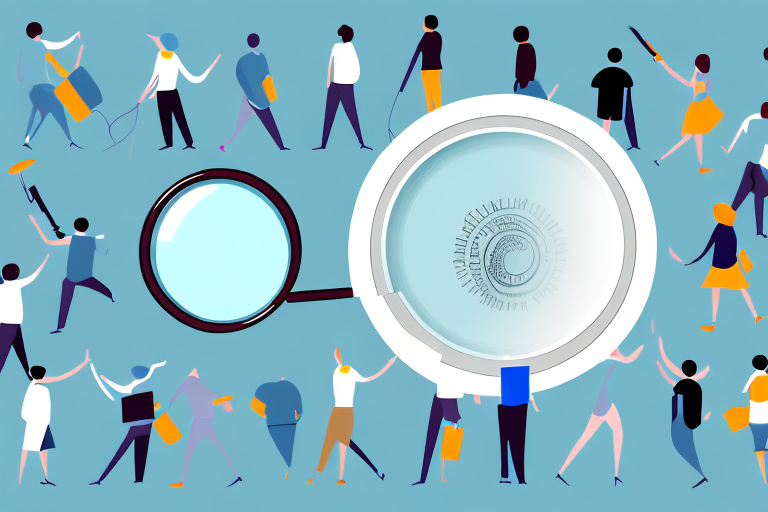.svg)
AI Agents in Smart Wearables: Redefining Personal Health Monitoring
.svg)

In recent years, the fusion of artificial intelligence (AI) with smart wearables has revolutionised the landscape of personal health monitoring. These advanced technologies have transcended traditional boundaries, offering unprecedented insights into our health and well-being. As AI agents become increasingly sophisticated, they are poised to redefine how we monitor, manage, and improve our health on a daily basis. This transformation is not just a technological evolution but a paradigm shift in personal healthcare.
The Role of AI in Smart Wearables
Enhancing Data Accuracy and Interpretation
AI agents in smart wearables play a crucial role in enhancing the accuracy of data collection and interpretation. Traditional wearables often rely on basic algorithms to track metrics such as steps taken, heart rate, and calories burned. However, AI-powered devices employ machine learning to analyse patterns and provide more precise and personalised insights. This capability allows users to receive tailored health recommendations based on their unique physiological data.
Moreover, AI algorithms can filter out noise and artefacts from the data collected by sensors, ensuring that the information presented is both accurate and reliable. This is particularly important in medical-grade devices where precision is paramount. By leveraging AI, smart wearables can offer a level of accuracy that was previously unattainable with conventional technology.
Real-Time Health Monitoring and Alerts
One of the most significant advantages of AI in smart wearables is the ability to provide real-time health monitoring and alerts. AI agents continuously analyse data from various sensors to detect anomalies or potential health issues. For instance, they can monitor heart rate variability to identify irregularities that may indicate cardiovascular problems. Upon detecting such anomalies, the wearable can alert the user or even notify healthcare professionals, enabling timely intervention.
This real-time monitoring capability is particularly beneficial for individuals with chronic conditions who require constant supervision. By providing immediate feedback and alerts, AI-powered wearables empower users to take proactive measures to manage their health, potentially preventing serious complications.
Personalised Health Insights and Recommendations
Customised Fitness and Wellness Plans
AI agents in smart wearables are adept at creating customised fitness and wellness plans tailored to individual needs and goals. By analysing data such as activity levels, sleep patterns, and dietary habits, AI can generate personalised recommendations that optimise health outcomes. These plans can include exercise routines, nutritional advice, and lifestyle modifications that align with the user's preferences and objectives.
Furthermore, AI can adapt these plans over time based on the user's progress and changing circumstances. This dynamic approach ensures that the recommendations remain relevant and effective, fostering long-term adherence and success. As a result, users are more likely to achieve their health and fitness goals with the support of AI-driven wearables.
Behavioural Change and Motivation
AI agents are also instrumental in promoting behavioural change and motivation. By providing real-time feedback and encouragement, AI-powered wearables can help users stay motivated and committed to their health goals. For example, they can offer positive reinforcement for achieving milestones or suggest adjustments when progress stalls.
Additionally, AI can identify patterns of behaviour that may hinder progress and suggest strategies to overcome these obstacles. By understanding the user's habits and preferences, AI can deliver personalised nudges and reminders that encourage healthier choices. This personalised approach to motivation is a powerful tool in fostering sustainable behavioural change.
Integration with Healthcare Systems
Seamless Data Sharing with Healthcare Providers
The integration of AI agents in smart wearables with healthcare systems facilitates seamless data sharing with healthcare providers. This connectivity allows for a more comprehensive view of the user's health, enabling more informed decision-making by medical professionals. By sharing real-time data, wearables can assist in diagnosing conditions, monitoring treatment efficacy, and adjusting care plans as needed.
This integration also enhances the continuity of care, as healthcare providers can access up-to-date information without requiring frequent in-person visits. This is particularly beneficial for patients with chronic conditions who need ongoing monitoring and management. By bridging the gap between personal health monitoring and professional healthcare, AI-powered wearables contribute to more efficient and effective care delivery.
Telemedicine and Remote Patient Monitoring
AI agents in smart wearables are pivotal in advancing telemedicine and remote patient monitoring. As healthcare systems increasingly adopt telehealth solutions, wearables provide a valuable tool for collecting and transmitting health data from the comfort of the user's home. This capability is especially important in rural or underserved areas where access to healthcare facilities may be limited.
By enabling remote monitoring, AI-powered wearables support the early detection of health issues and facilitate timely interventions. This can lead to improved health outcomes and reduced healthcare costs by minimising the need for hospitalisations and emergency visits. As telemedicine continues to grow, the role of AI in smart wearables will become even more integral to the delivery of remote healthcare services.
Challenges and Future Prospects
Data Privacy and Security Concerns
Despite the numerous benefits of AI agents in smart wearables, there are challenges that must be addressed, particularly regarding data privacy and security. The sensitive nature of health data necessitates robust measures to protect user information from unauthorised access and breaches. Ensuring compliance with data protection regulations is crucial to maintaining user trust and confidence in these technologies.
Manufacturers and developers must prioritise the implementation of advanced encryption and security protocols to safeguard user data. Additionally, transparent privacy policies and user consent mechanisms are essential to ensure that individuals have control over their personal information. Addressing these concerns is vital for the continued adoption and success of AI-powered wearables.
Technological Advancements and Innovations
The future of AI agents in smart wearables is promising, with ongoing technological advancements and innovations poised to further enhance their capabilities. As AI algorithms become more sophisticated, wearables will be able to offer even more precise and actionable health insights. Emerging technologies such as edge computing and 5G connectivity will also play a role in improving the performance and functionality of these devices.
Moreover, the development of new sensors and materials will expand the range of health metrics that wearables can monitor. From tracking glucose levels to measuring stress indicators, the possibilities are vast. As these technologies evolve, AI-powered wearables will continue to redefine personal health monitoring, offering new opportunities for improving health and well-being.
Conclusion
AI agents in smart wearables are transforming the way we monitor and manage our health. By enhancing data accuracy, providing personalised insights, and integrating with healthcare systems, these technologies offer a comprehensive approach to personal health monitoring. While challenges such as data privacy and security remain, the future prospects for AI-powered wearables are bright. As innovations continue to emerge, these devices will play an increasingly important role in promoting health and well-being, empowering individuals to take charge of their health like never before.
Related Posts
Let's
Let’s discuss how we can bring reinvigorated value and purpose to your brand.







.svg)